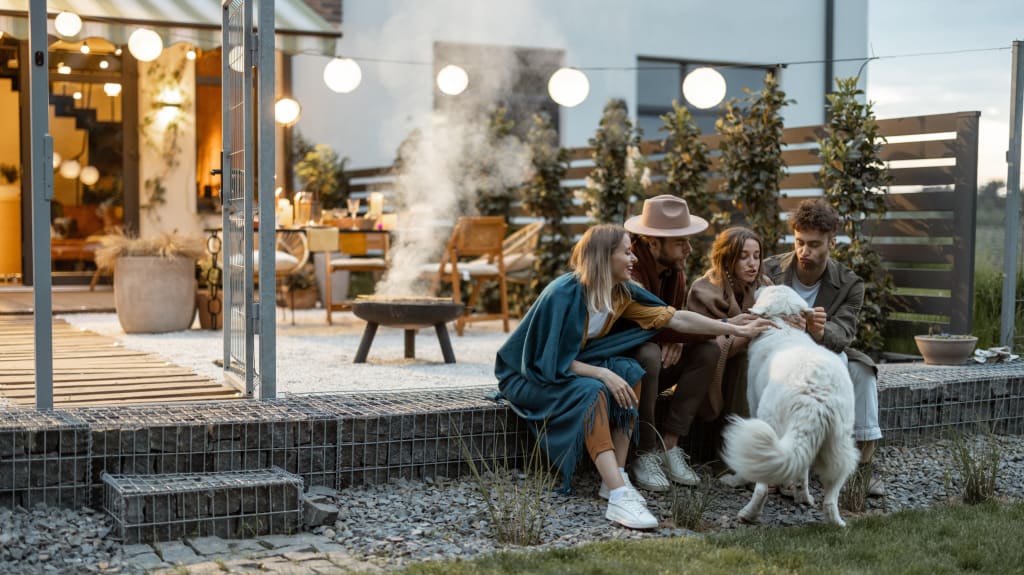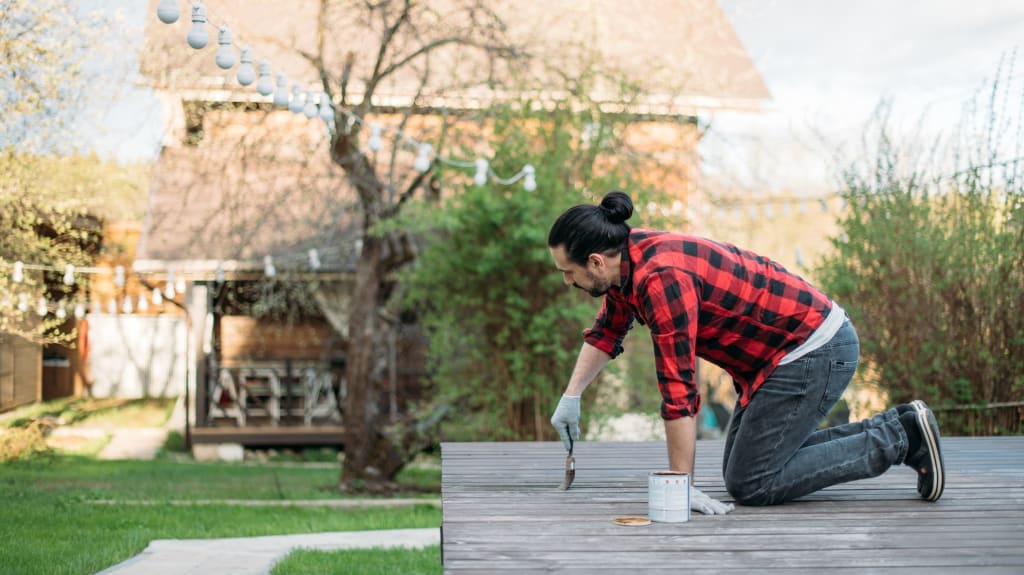Given the current state of the real estate market, buying a home or building with other people can be a great way to purchase your first property. By pooling your resources with others, you might be able to buy a property you never would have been able to afford on your own!
5 aspects to consider when buying a home with others
If you're thinking of buying a home with friends, family or colleagues, there are a few things you should keep in mind. Whether you're looking to buy a single-family home, cottage or rental property, make sure to consider the following elements.
1. The number of owners and their expectations

First, you need to figure out how many people will be involved in the purchase, and who those people will be. Make sure to choose responsible, trustworthy individuals. Once they show interest, get their explicit consent to avoid wasting time with anyone who may not be serious.
What do they want? What's their vision? Discussing these aspects beforehand will help ensure you're teaming up with people with compatible goals.
2. Sharing expenses
You need to discuss how much everyone can afford. This step will help you figure out your budget for the project.
Get together and decide who will be responsible for making payments for the mortgage, taxes and other property-related expenses. You also need to discuss payment methods and frequency, and make sure everyone is clear on these aspects.
Although it may seem premature, you also need to talk about how the group will handle things if one or more people want to move or sell their share of the property. It's important to discuss how you'll divide the proceeds after you sell the property, and who will be responsible for selling it when the time comes.
3. Financing

When it comes to financing a home, there are several options available. Don't rush things. Take the time to choose the right option for your group. For example, you could take out a joint mortgage where each person is responsible for a portion of the loan. This can be a good option for people who want to share the burden of a high monthly payment.
You could also have two or more mortgages on the property, where each person is responsible for paying their share. This way, you'll own the home together, but each person will have their own mortgage.
4. Task distribution
If some of the people in your group can’t contribute as much financially, you might decide to give them additional maintenance tasks. It's important to make sure everyone has a clear understanding of what's expected of them.
You should also talk about who will be responsible for maintenance, repairs and other tasks.
5. The decision-making process

As homeowners, you'll have a number of important decisions to make, such as how to go about certain renovations or deciding what colour to paint the walls—particularly in any common areas. Are you planning on delegating certain tasks to certain people and giving them free rein to do what they want? Or will all decisions need to be approved via a democratic voting process? Either way, make sure that all roles are clearly defined in your homeowners' agreement.
How to manage potential conflict

Another important factor to consider is potential conflict between homeowners. It's crucial to discuss how disagreements will be handled whenever they arise. You need to make sure everyone agrees on the rules and expectations you've established for living together.
To make sure everyone is committed to their responsibilities, put this process in writing and ask everyone to sign it. It may also be a good idea to have this document notarized. This is the best way to ensure the conditions will be respected, and it's your only recourse if that doesn't happen.
Disagreements between co-owners can be stressful, but there are a few things you can do to resolve any issues before they escalate:
Communicate openly: Be honest about any issues you're experiencing and talk about them in a calm and respectful manner. Explain your point of view and be open to what others are experiencing as well.
Compromise: Find common ground and focus on coming up with solutions that meet everyone's needs.
Set boundaries: Establish rules with clear expectations that will help prevent future conflicts.
Seek out a mediator: If the issue persists, ask a neutral third party to help you resolve things.
Is buying a property with others right for you?

If you're having trouble coming up with a down payment or getting approved for a mortgage on your own, teaming up with other people can be a good way to get your foot in the door.
That said, you need to consider all aspects of the agreement before you make a purchase and draft a fair agreement that's clear for everyone involved.
As long as you take the time to discuss potential issues and are clear about how you'll go about resolving them, buying a home with friends can be a creative path to home ownership and the many benefits it entails.
Think the tips from EspaceProprio would be useful for your friends and family? Tell them about our content!




